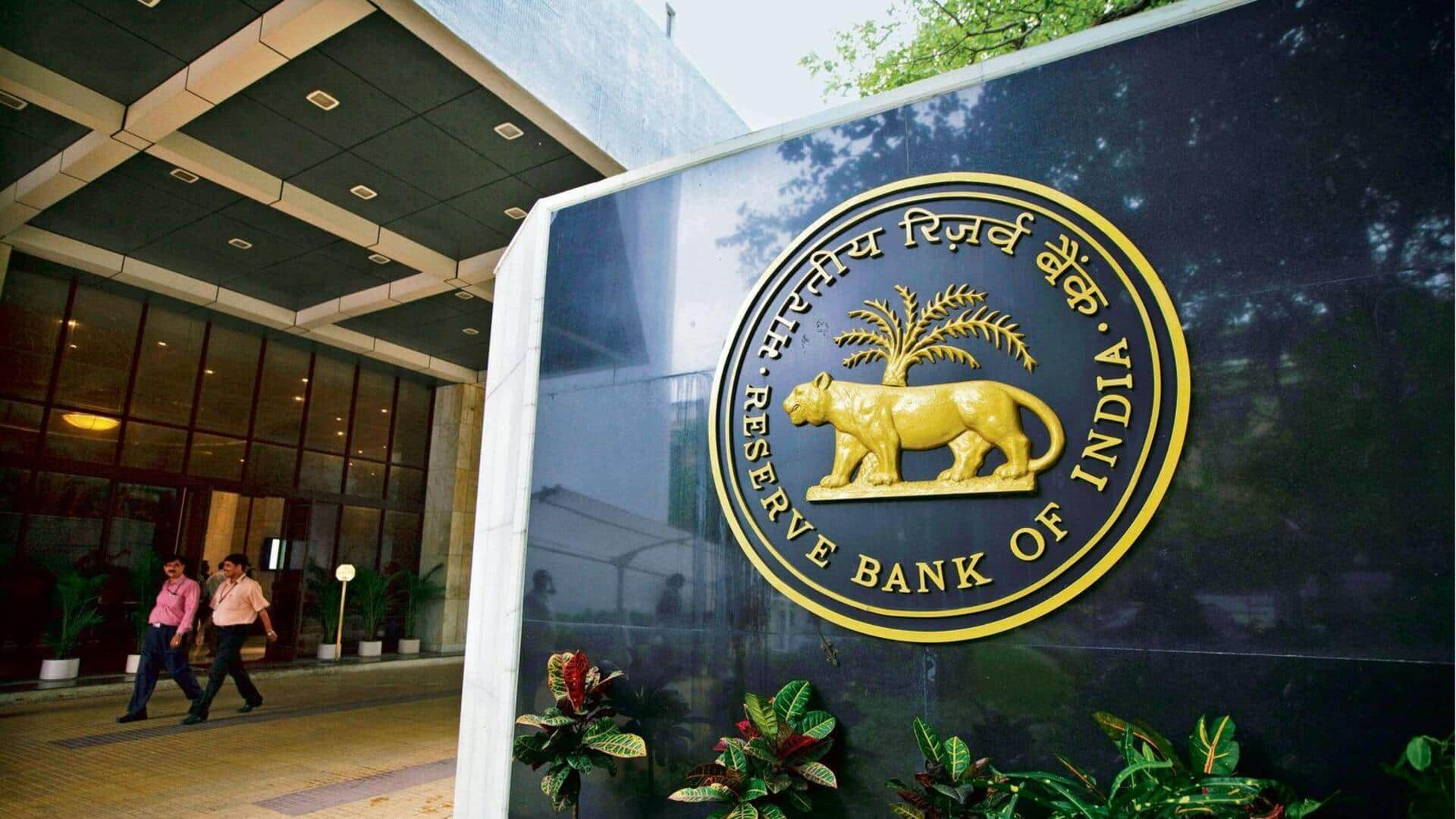
RBI's wholesale CBDC pilot losing traction due to low interest
What's the story
Reserve Bank of India (RBI)'s pilot program for Central Bank Digital Currency (CBDC) in the wholesale sector has experienced a decline in recent months. The number of transactions and settlement volumes have been consistently dropping. Per Moneycontrol's data, daily settlement of trades in government securities (G-Secs) using the digital rupee has plummeted from Rs. 500-600 crore in the first month to just Rs. 10-60 crore in subsequent months. Additionally, the daily number of trades has decreased from 45-60 to two-six.
Stats
What the figures say
As per the CBDC's wholesale pilot data, in November 2022, transactions valued at Rs. 7,140 crore were settled using digital currency, and 759 trades were registered. In the following month, transactions worth Rs. 1,870 crore were settled using CBDC, with 232 trades. However, the transaction amounts soon fell to a range of Rs. 130-500 crore a month.
Details
Banks' mild interest, lack of arbitrage opportunities
Sanjay Agarwal, senior director at Care Ratings, believes the low settlement amounts and reduced number of trades can be attributed to the newness of the CBDC in India and a lack of interest from banks. Banks are not finding any arbitrage opportunities, and since the pilot is still in its early stages, they are only mildly interested. Notably, the RBI initiated the wholesale pilot on November 1, 2022, for settling G-Sec trades using the digital rupee, with nine banks participating.
What Next?
Wholesale pilot in call money market
On October 19 this year, RBI Executive Director Ajay Kumar Choudhary confirmed that the central bank had begun a wholesale pilot of the CBDC in the call money market. Moreover, Choudhary explained that the volumes were not impressive since it was a test of the system, accounting, and various other aspects. The call money market is where banks lend or borrow from one another for short periods, typically a day, at rates determined by the market.
Insights
Retail CBDC pilot progress
In contrast to the wholesale pilot, RBI Deputy Governor T Rabi Sankar revealed approximately 15,000 transactions were being registered daily in the retail CBDC pilot testing. Also, the RBI has achieved interoperability with Unified Payments Interface (UPI) QR codes and will now focus on transactions. With interoperability, customers can transfer funds from CBDC wallets or bank accounts using QR codes. Banks like State Bank of India, Punjab National Bank, and Yes Bank have announced the interoperability of UPI and CBDC.